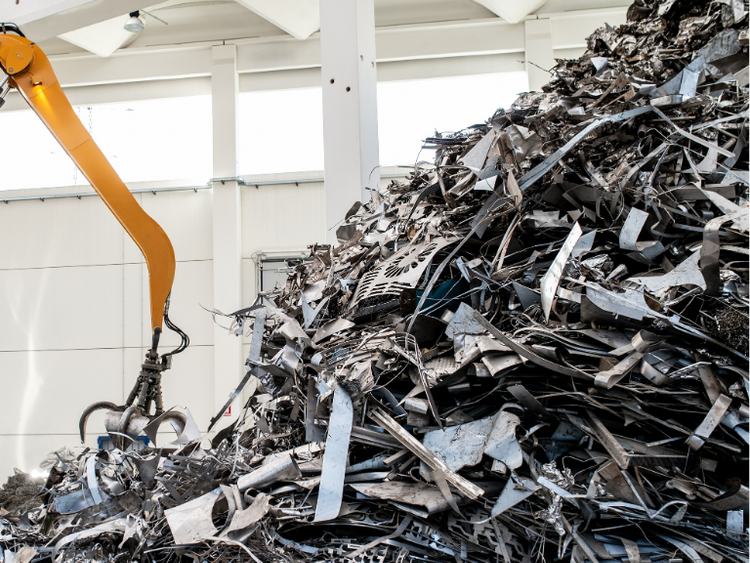Scrap Processors

November 5, 2024
Aluminum's future at a crossroads: Election influence looms
Written by Gabriella Vagnini
Remember when Biden’s Investing in America plan came on the scene? There was up to $6 billion set aside for 33 projects focused on decarbonization in the U.S. Of that, about $900 million was to fund the aluminum and copper industries. So, where do things stand with aluminum and how much of that funding has been released? And what happens to these funds if we see a change in leadership next year?
First, let’s recap who got the funding. Century Aluminum was awarded $500 million to build a new green aluminum smelter, either in Kentucky or Ohio. Constellium is set to receive around $75 million for a low-carbon furnace in West Virginia. Golden Aluminum is in line for about $22 million to create a new generation mini mill in Colorado, while Real Alloy Recycling could snag up to $67 million for an advanced aluminum recycling project in Indiana.
Even though it’s only been a few months since Biden kicked off this initiative for a net-zero emissions economy by 2050, I know I’m not the only one wondering how these companies are progressing. With a new U.S. president stepping in next year, the direction of this initiative could shift significantly. Although we are still waiting to hear on an update from Golden Aluminum and Real Alloy, here’s what we know about Century and Constellium.
Century Aluminum is still working with the U.S. Department of Energy (DOE) on their plans for the new primary aluminum facility. However, there’s no concrete timeline set for the facility, and no funds have been disbursed to them yet. This means the U.S. aluminum industry won’t be looking to Century for aluminum anytime soon, especially since their Hawesville, Kentucky, facility is now permanently closed due to high energy costs and frequent shutdowns. We’re all rooting for Century to get this new smelter up and running within the next three to five years, but realistically, if they’re still in the planning stages for two to three years, we might be looking at a longer timeline.
On the other hand, Constellium has received $9.5 million of the $75 million from the DOE to help develop its facilities for producing lightweight, recyclable aluminum products, especially for the automotive sector. This funding aligns perfectly with the DOE’s goals for sustainable and energy-efficient manufacturing.
Now, if Trump wins the 2024 election, he could shake up federal funding decisions, but it would be tough to fully halt or reverse committed funds under existing contracts. The DOE funding for decarbonization projects is typically backed by binding agreements, meaning canceling or altering these funds would require new regulatory or legislative efforts. Still, a new administration could roll out policies that affect the future of clean energy and decarbonization funding across the board.





